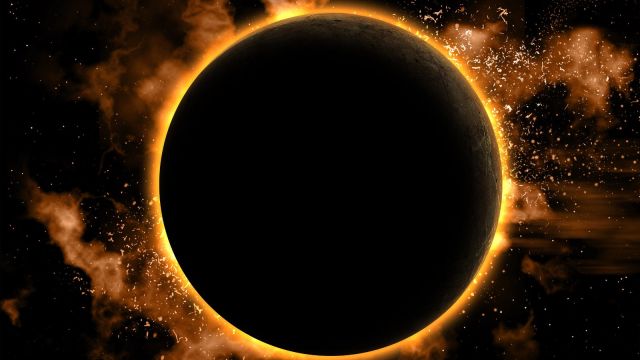📅 July 21, 2025 | Science & Space Desk
Get ready for one of the most extraordinary astronomical events of the century — a total solar eclipse lasting over six minutes will sweep across parts of Europe, North Africa, and the Middle East on August 2, 2027. Dubbed the “Great North African Eclipse,” this rare celestial phenomenon will offer viewers an extended glimpse of the Sun’s hidden beauty — and plunge entire regions into near-total darkness.
🌍 Where Will It Be Visible?
The eclipse’s path of totality will stretch across southern Spain, parts of Morocco, Algeria, Tunisia, Libya, and several Middle Eastern nations, including Saudi Arabia and Yemen. Major cities like Luxor (Egypt) and Mecca (Saudi Arabia) are expected to experience prime viewing conditions.
⏱️ A Record-Breaking Duration
Unlike typical solar eclipses, where totality lasts just 2–3 minutes, this 2027 eclipse will bring up to 6 minutes and 23 seconds of darkness — a duration not seen since 1991 and unmatched until 2114. According to NASA and Space.com, it will be the longest total solar eclipse visible from land for over a century.
This extended darkness will provide a rare opportunity for scientists and eclipse chasers to study the solar corona, stars, and atmospheric shifts with unprecedented clarity.
🌌 Why Is This Eclipse So Long?
The impressive length of the eclipse is thanks to a rare astronomical alignment:
- Earth will be near aphelion (farthest from the Sun), making the Sun appear slightly smaller.
- The Moon will be near perigee (closest to Earth), appearing larger in the sky.
- The eclipse path lies close to the equator, where Earth’s rotational speed adds to the eclipse’s total duration.
This perfect cosmic choreography makes August 2, 2027, a standout date in space history.
🔭 A Unique Opportunity for Skywatchers
Astronomers, photographers, and travelers are already preparing for the event, with tour packages and eclipse-viewing expeditions being planned for the regions along the eclipse path. Locations in southern Egypt and Libya are expected to offer some of the longest and clearest views of totality.
For those within the path, protective eclipse glasses will be a must, except during the brief window of totality. For areas experiencing only a partial eclipse, safety precautions will be essential for viewing the event.
📜 A Brief Look Back — and Ahead
The shortest recorded total solar eclipse occurred on February 3, 919 CE, lasting just 9 seconds, highlighting how rare an event like 2027’s truly is. After this, the next similarly long eclipse won’t occur until June 13, 2132.
🌞 Countdown Begins
With just over two years to go, the excitement is already building. Whether you’re a seasoned astronomer or a curious traveler, the Great North African Eclipse is an event you won’t want to miss.
📌 Quick Facts:
- 📅 Date: August 2, 2027
- ⏱️ Duration: Up to 6 minutes and 23 seconds
- 🌍 Visible From: Europe, North Africa, Middle East
- 🌑 Type: Total Solar Eclipse
- 📸 Best Views: Egypt, Libya, Saudi Arabia
#SolarEclipse2027 #GreatNorthAfricanEclipse #TotalEclipse #AstronomyNews #NASA #SpaceEvent #Skywatching #CelestialEvents #EclipseTravel

